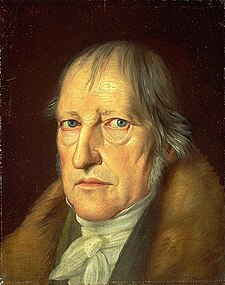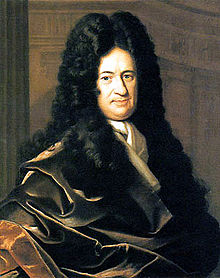Appel de
communications
Hegel, la
religion et la politique
Enjeux et
actualité
Dans la préface à la Phénoménologie de l’esprit (1807), G. W. F. Hegel soulignait que
son époque était en proie à de profondes transformations qui touchaient
l’ensemble des institutions en lesquelles s’étaient incarnés, jusqu’à ce
moment, les croyances, les principes et, plus généralement, « la conception
du monde » (Weltanschauung)
propres à l’Occident. Parmi ces transformations, celles que subissaient la
religion et la politique lui paraissaient revêtir une importance toute
particulière. Aussi n’est-il pas surprenant que de ses premiers écrits théologiques
de jeunesses jusqu’à ses travaux systématiques de la maturité, en passant par
la Phénoménologie de l’esprit, Hegel
se soit maintes fois intéressé aux bouleversements qui affectaient la façon
dont ses contemporains comprenaient les rapports entre l’Église et l’État, le
sacré et le profane, le divin et l’humain.
Il s’est certes écoulé un peu plus de deux
siècles depuis que Hegel a entrepris de rendre compte des transformations
politiques et religieuses qui, dans le prolongement de la Révolution française,
ont secoué l’Europe. Cependant, depuis quelques décennies plusieurs penseurs et
philosophes plaident en faveur d’une « relecture » et d’une
interprétation à nouveaux frais des volets politiques et religieux de la
philosophie hégélienne. En effet, si pendant un certain temps, la pensée
religieuse et politique de Hegel semblait avoir été « dépassée » par
le marxisme ou par le libéralisme politique, nombre de penseurs contemporains
soutiennent plutôt qu’elle contient des ressources conceptuelles permettent de
mieux comprendre la complexité des diverses transformations qui, dans le monde
actuel, affectent les rapports entre la religion et la politique.
Ce colloque intitulé
Hegel, la religion et la
politique : enjeux et actualité est organisé par le
Centre de recherche en éthique publique et
gouvernance de l’Université Saint-Paul et aura lieu les
15 et 16 avril, 2016 à l’Université
Saint-Paul (Ottawa, Ontario)
. Les
organisateurs sollicitent des communications (en français ou en anglais) qui
portent sur différents aspects reliés à ce thème. Les personnes intéressées
sont priées d’envoyer un résumé d’environ 300 mots (accompagné d’un court CV)
avant le 31 décembre, 2015 aux professeurs Martin Thibodeau (
mthibodeau@ustpaul.ca) et Sophie Cloutier (
scloutier@ustpaul.ca). Les personnes sélectionnées (15 janvier, 2016) devront envoyer le
texte complet de leur communication avant le 15 mars, 2016. Les propositions
retenues feront l’objet d’une communication de 30 minutes.
 |
| Source : Wikipedia |
Call for Papers
Hegel, Religion and Politics
Issues and Actuality
In the preface to the Phenomenology
of Spirit (1807), G.W. F. Hegel stresses that his time is one of deep
transformations affecting the very principles, beliefs and, more generally, the
“worldview” (Weltanschauung) which
have shaped the whole set of institutions constituting the Western world. Among
those transformations, the ones altering religion and politics appeared to him
as crucially important. It is therefore no surprise that, from his early
theological writings to his late systematic works, Hegel wrote extensively
about the disruptions that were profoundly transforming the manner in which his
contemporaries understood the relationship between church and state, the divine
and the human, and the sacred and the secular.
Certainly, more than two centuries have elapsed since Hegel explored
the religious and political transformations that shook Europe in the aftermath
of the French Revolution. However, in the last decades, several thinkers and philosophers
have defended the relevance of Hegel’s religious and political philosophy.
Indeed, although it has often been argued that Hegel’s religious and political
thought appeared to be outdated by Marxism or by political liberalism, many philosophers
now propose that it contains the conceptual resources needed to best understand
the complexity of the diverse transformations that are affecting the
relationship between politics and religion in the contemporary world.
The conference Hegel, Religion and Politics: Issues and
Actuality is organized by the Research
Center in Public Ethics and Governance at
Saint Paul University (Ottawa, Ontario) and will take place on April 15th and 16th.
Proposals (in either English or French) must be submitted by email to Prof.
Martin Thibodeau (mthibodeau@ustpaul.ca)
and Prof. Sophie Cloutier (scloutier@ustpaul.ca)
before December 31, 2015. Proposals must be 300 words long and accompanied by a
short CV. Selected writers will be notified by January 15th, 2016,
and will be asked to submit a 30 minute-presentation by March 15th,
2016.






